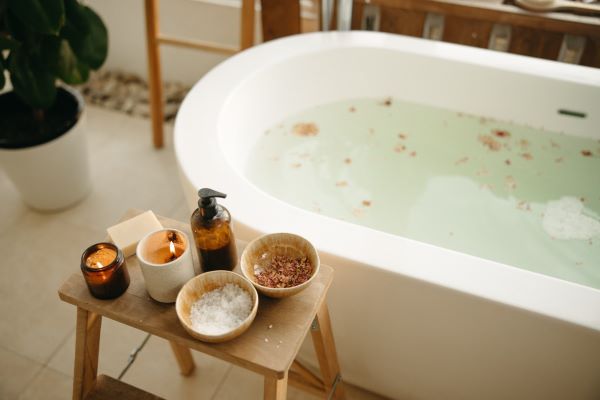
How to Sleep Better: Tips and Tricks for Seniors
Everyone wants that glorious night’s rest, and the feeling of refreshment when waking. Sadly, for many folks, it’s a bit of a pipe dream. Of course, there are considerations around bedding and such, and for some it could be as simple as finding your perfect mattress in a box to get a good night's rest.
For some others, though, getting a great night’s sleep might involve a more holistic set of changes to everyday habits. There are some really simple yet fundamental ways to improve these behaviors, and possibly getting a great night as a result!
Where Possible, Stay Active
A major aspect of sleep is that it’s a physical process that the body undergoes. It can be genuinely helpful to conduct your days in an active way so that your body feels tired as the evening approaches.
Being more active sort of kick-starts the sleep response, allowing you to fall asleep more readily and remain asleep for longer. This is not to say seniors should try to exhaust themselves, but rather that the habit of taking brisk walks is very beneficial.
A Bath Before Bedtime 
Heating up the body directly before bed has been shown to produce excellent results for anyone who is struggling to sleep. This might be in the form of a bath, or shower, it doesn’t matter. The idea is to heat up the body right before sleeping.
Many people bathe or shower toward evening time, but the advice here is to hold back until you’re about ready to hit the sack. Then, take in some heated water for a little while, before jumping into bed. It may work wonders!
Routine Really Helps
Keeping to a set bedtime is a surprisingly effective way to counteract sleepless nights. It may sound silly, but it absolutely works. Your body likes routine because it enables your functions to anticipate when to kick in, making every transition smoother.
If you develop strong patterns, your brain will know beforehand when to sleep. This can result in an easier time drifting off. Having fairly rigid getting up times will also likely improve the durational side of things as well.
Avoid Sporadic Patterns
Many of us do sporadic things, and it can make our days a little more exciting at times. The thing is, in terms of sleep it isn’t always the greatest idea. For example, taking random naps at various times during the day will tend to damage sleep during the night.
Avoid habits of this kind wherever practical, and if you’re able to, try to skip the nap and press through to your regular sleep time instead. You’ll find that the extra bit of tiredness might be just the solution you were looking for.
Final Thoughts
It’s not fun when you struggle to sleep. It can be frustrating, and some folks even find it a lonely experience being the only one awake at night. Putting a few very simple guidelines into practice can have surprising results, so it’s worth the try.
There will naturally be those for whom sleeplessness rises to the level of a medical problem. For those people, some form of medical intervention will likely be required, but for most of us it only takes being mindful of a few basic things.